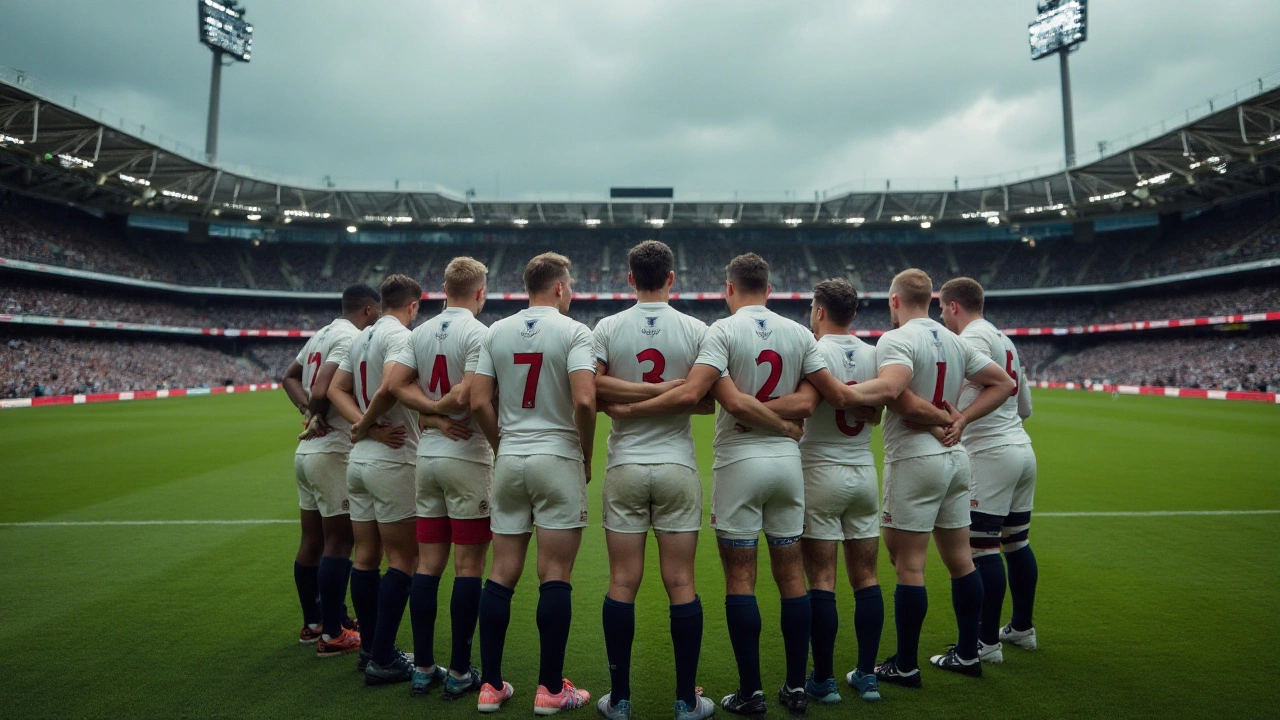
Rugby Team Nickname Guide: What They Are and Why They Stick
If you’ve ever watched a match and heard fans shout "All Blacks" or "Wallabies," you’ve heard a rugby team nickname in action. These names do more than sound cool – they carry history, pride, and a sense of belonging. In this guide you’ll learn why nicknames matter, where they come from, and which ones dominate the sport today.
First off, a nickname isn’t just a random label. It’s usually tied to a country’s culture, a team’s playing style, or a historic moment. That’s why the "All Blacks" instantly bring to mind New Zealand’s black kit and relentless defense. The name sticks because it tells a story in two words.
Why Teams Adopt Nicknames
Teams pick nicknames to create a brand that fans can rally behind. A good nickname is easy to chant, simple to print on merch, and instantly recognisable on a broadcast. It also helps media coverage – saying "the Springboks" rolls off the tongue faster than "South Africa national rugby union team".
Another reason is marketing. A catchy nickname can boost ticket sales and sponsorship deals. When a company sees a strong, memorable brand, they’re more likely to invest. That’s why many newer squads work with branding experts to craft a name that feels authentic yet marketable.
Lastly, nicknames foster community. Supporters adopt the nickname in social media handles, local pubs, and even school teams. That shared identity builds a fan culture that lasts generations.
Popular Rugby Team Nicknames
Here are some of the most iconic nicknames across the rugby world:
All Blacks (New Zealand) – The name describes the all‑black uniform and the team’s reputation for domination. The silver fern logo adds a visual punch.
Wallabies (Australia) – Chosen for the native marsupial, it reflects agility and a unique Aussie flavor.
Springboks (South Africa) – Named after the fast‑running antelope, the nickname highlights speed and the country’s wildlife heritage.
Red Roses (England Women’s Rugby) – A nod to the national flower, it brings a touch of elegance to a fierce side.
Magners (Ireland – provincial) – While not an official nickname, the sponsorship name has become synonymous with the provincial teams in the Pro14 league.
Beyond the famous sides, clubs in the UK often use local symbols. For example, the Bristol Bears draw on the city’s historic bear emblem, while the Leicester Tigers reference the fierce animal for a gritty image.
If you’re thinking about creating a nickname for a local club, start with three steps: pick a regional icon (animal, landmark, or historic figure), keep it short (one or two words), and test it with fans. A good test is to chant it in a noisy pub – if it rolls off the tongue, you’re on the right track.
Remember, a nickname lives and dies by how the team performs. A strong record can make even a modest name memorable, while a poor run can dull even the flashiest brand. So the real power behind any rugby team nickname is the effort on the field.
In short, rugby team nicknames are more than marketing fluff – they’re cultural badges that unite fans, help media, and add personality to the sport. Whether you’re a seasoned supporter or a newcomer, knowing the story behind each name makes every match feel richer. Next time you hear a chant, you’ll know exactly why it sticks.
